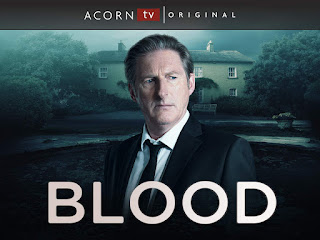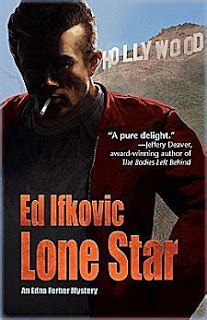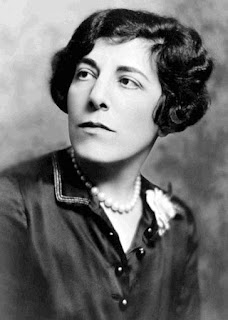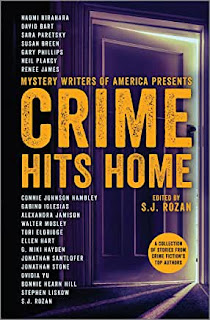More of my favorite television series from around the world:
Astrid (Called Astrid et Raphaëlle in France)
French with subtitles
One Season (9 episodes in total) with more to come
Premise: Astrid Nielsen, who has Asperger's syndrome, maintains the evidence and case files in the judicial police library. She has an incredible memory and uses her own brand of logic to solve puzzles, so the police district commander decides to have her take a look at a number of cold cases. She is partnered with Raphaëlle, and their relationship is half the fun. Great characters. Good mysteries.
Starring: Sara Mortensen, Lola Dewaere, and Benoit Michel
My Rating: 5 Stars
Guilt
British (PBS/Masterpiece)
One Season (4 episodes in total)
Premise: Two very different brothers, one wealthy and successful, the other barely scraping by as a record shop owner, get themselves into big trouble one night when they accidentally run over a pedestrian on a quiet residential street. Their attempt to cover up their involvement in the old man's death takes numerous twists and turns. Quirky, fun, sometimes funny, this one will suck you right in.
Starring: Mark Bonnar (a personal favorite), Jamie Sives, and Ruth Bradley
My Rating: 4 stars
DCI Banks
British
5 Seasons plus the pilot (32 episodes in total)
Premise: Based on the long Inspector Banks series by author Peter Robinson, this is a character-driven series of police procedurals headed up by a man who fled London police work for a quieter career. Looks like he was wrong about that...of course.
Starring: Stephen Tompkinson and Andrea Lowe
My Rating: 3 Stars
Bloodlands
British
One Season (4 episodes in total)
Premise: A police detective is charged with investigating a series of disappearances that occurred almost 20 years earlier during Northern Irelands violent and bloody past. One of the people who disappeared was his own wife, and when people around the investigation begin to die, the detective knows he is getting close to finding those responsible. The main character is always interesting, but this one is very dark.
Starring: James Nesbitt, Lorcan Cranitch, and Charlene McKenna
My Rating: 3.5 Stars
Elizabeth Is Missing
British (PBS/Masterpiece)
One 87-minute movie
Premise: An old woman, who is moving deeper and deeper into dementia, worries that something bad has happened to her missing friend, Elizabeth. She begins looking for clues on her own but her old memories get confused with her present day investigation to the extent that she starts inadvertently recovering clues to her sister's disappearance of decades earlier. She needs to solve both mysteries before her own mind makes it too late for that to ever happen. It's a race against the clock and calendar.
Starring: Glenda Jackson (a personal favorite), Helen Behan, and Sophie Rundle
My Rating: 5 Stars
Bäckström
Swedish with subtitles
One Season (6 episodes total)
Premise: By this point in his career, Bäckström is as much a national TV star in Sweden as he is a police investigator. He has become everyone's go-to guy for TV interviews that television commentators love to do when fresh crimes are being speculated about. This time he is investigating one of the strangest murders he's ever run across during his long career: the skull of a recent murder victim has been uncovered but the victim is known to have died years earlier. Great characters.
Starring: Kjell Bergqvist, Agnes Lindström Bolmgren, and Livia Millhagan
My Rating: 4 Stars


































